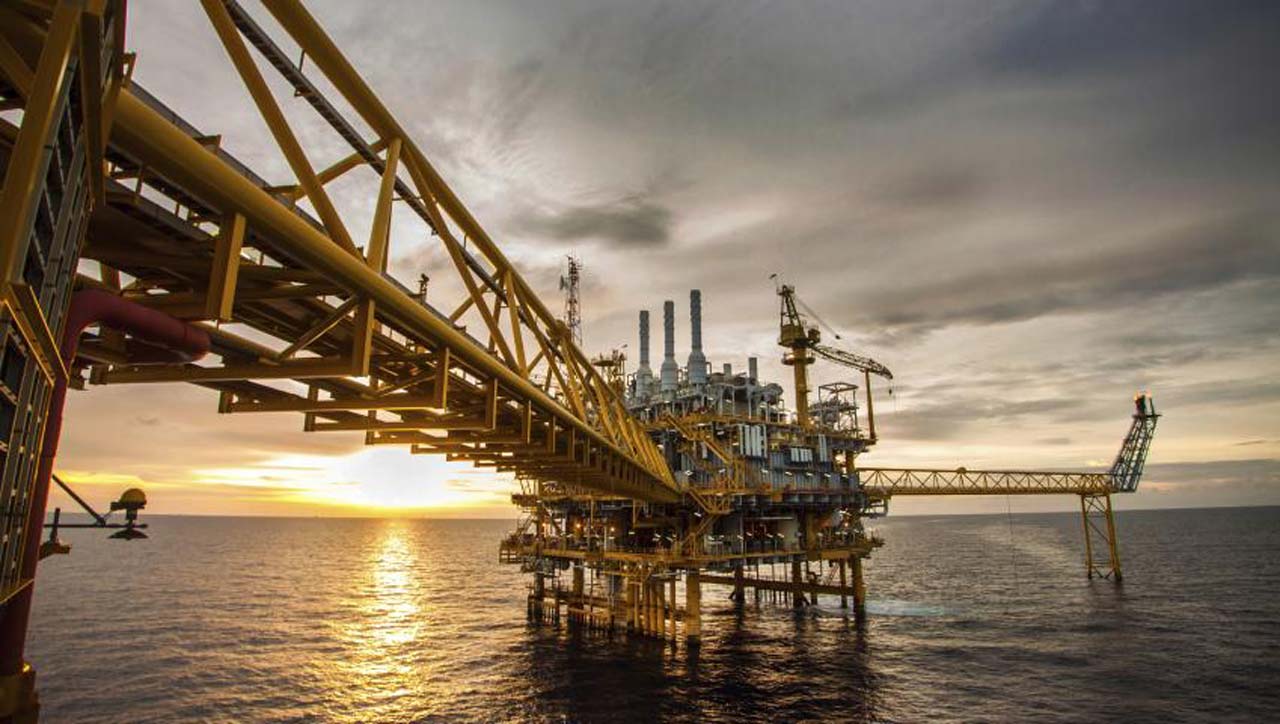Whereas the key targets by the Federal Government to take International Oil Companies (IOCs) by storm in packaging the recently signed Production Sharing Contract (PSC) bill into law include to jerk up royalties from dividends of oil majors, increase revenues and jobs, there had been an issue of serious concerns which may make or may the overall dream of the government.
No doubt, reactions from deep pockets IOCs and operators since the new law came on board, had been that concerns worrying IOCs were not considered before the bill was signed.
Given the above and the truism that the Nigerian National Petroleum Corporation (NNPC), which has stakes in most of the projects alongside IOCs, seemed unclear on their current state, it means a serious drawback has set in.
NNPC had been unable to ascertain the future of the investments, which would have increased the nation’s oil reserve to about 40 billion barrels; daily production to around three million barrels and fast-track domestic utilisation of gas-to-power in households and industries.
Only recently, the Minister of State for Petroleum Resources Timipreye Sylva expressed hopes of the Final Investment Decisions (FIDs) on at least four projects by IOCs. However, after the emergence of the new law, there had serious signs of withdrawal of interests by IOCs.
Stakeholders, who raised concern over the inability of the current administration to reach FIDs on a single critical project five years after taking office, raised the alarm over the failing investment climate, which is already forcing oil firms to divest their interests.
An industry expert confided on Business Hilights that “The volatility in the industry and concern for most stakeholders regarding the global economy, oil and gas prices, capital expenditure and other germane factors could undermine the projected economic value of the projects.”
For examples, whereas many firms are considering divesting to other sectors, many oil and gas projects are still at the planning stage or bogged down by legal hurdles years after initiation.
They include Shell’s Bonga South-West and Aparo, which is expected to add about 225,000 barrel per day (bpd); Bonga North (100,000bpd); Eni’s Zabazaba-Etan (120,000bpd); Chevron’s Nsiko (100,000bpd); ExxonMobil’s Bosi (140,000bpd); Satellite Field Development Phase Two (80,000bpd) and Ude (110,000bpd).
These projects are estimated to cost around $100 billion, boosting the nation’s production by as high as 875,000 bpd and revenue by about $1.5 billion.
Also, the Ajaokuta-Kaduna-Kano (AKK) pipeline, a 614 km-long natural gas stretch developed by NNPC at $2.8 billion and scheduled for commissioning in 2020 is yet to commerce, though NNPC originally announced tenders for its development as far back as July 2013.
additional checks show that the fate of the $20 billion Brass LNG project in Bayelsa State is still hanging even as the $9.8 billion Olokola LNG in Ogun; the 5000 km Nigeria-Morocco offshore gas pipeline which in current market price would cost an estimated $20 billion; and the expansion of LNG Train-7 plant, a Nigerian Liquefied Natural Gas project, expected to attract $10 billion in FDI are all looking financially confused since the new law came into effect from a London Private Visit by President Muhammadu Buhari.









